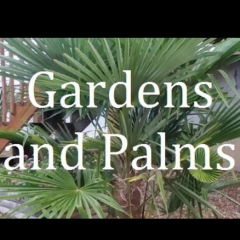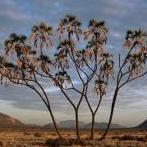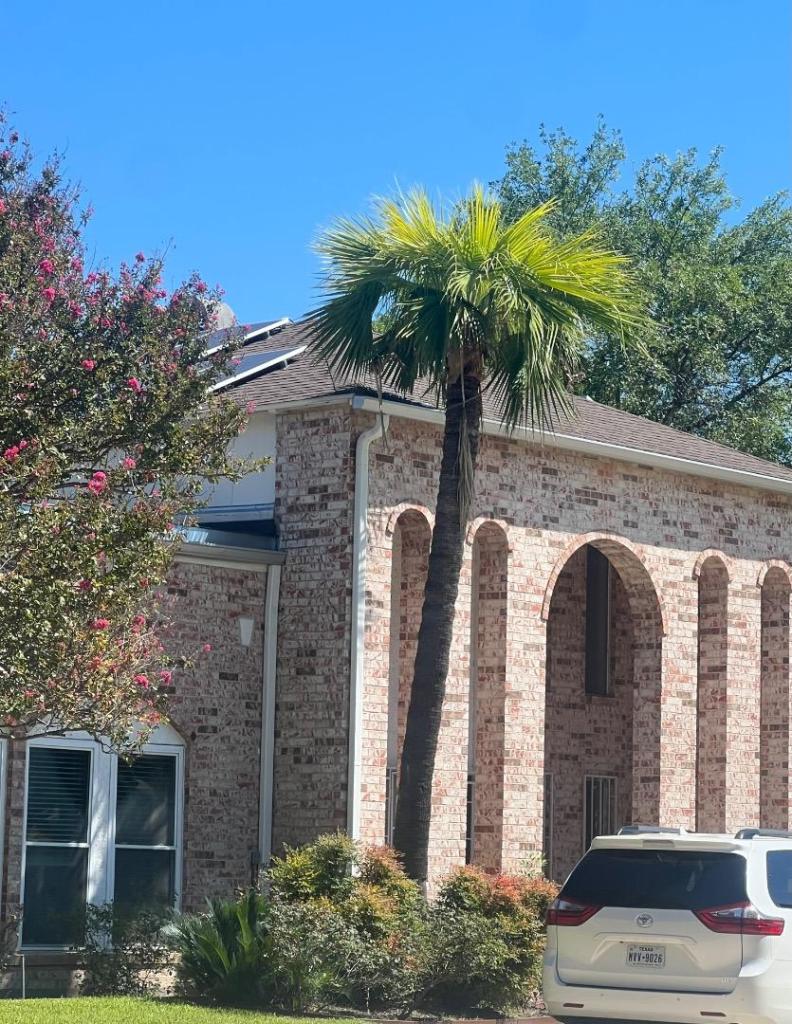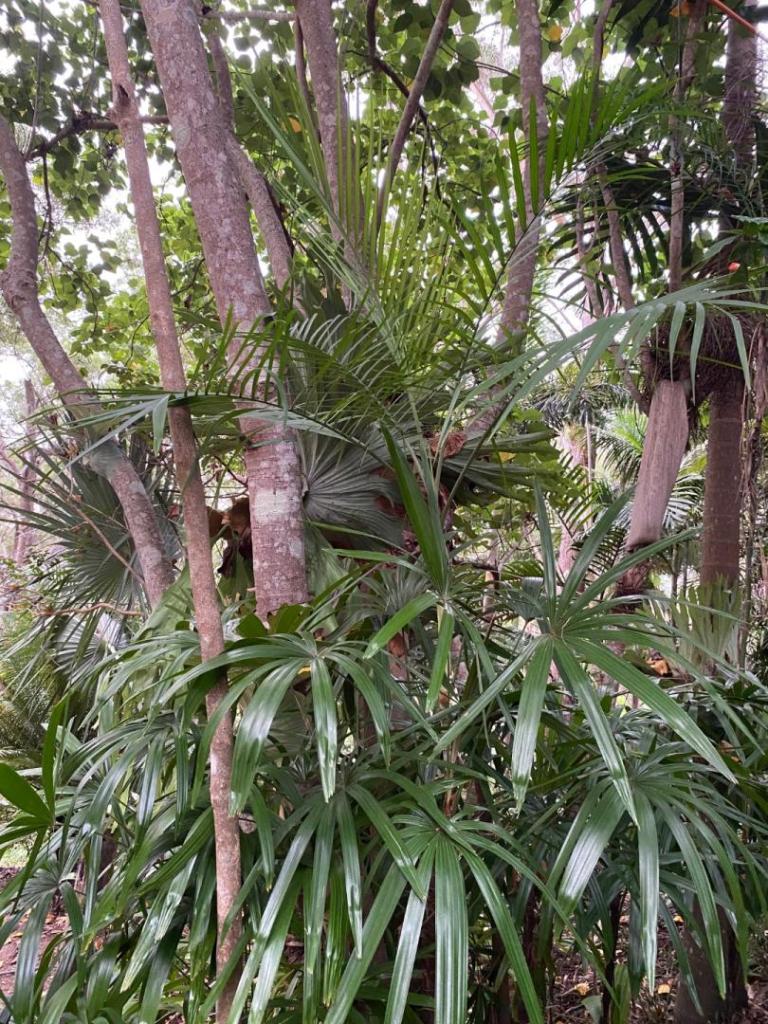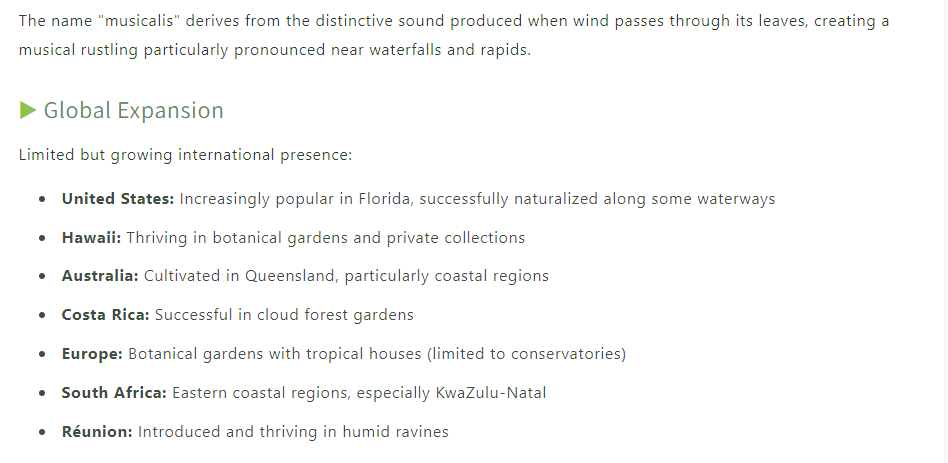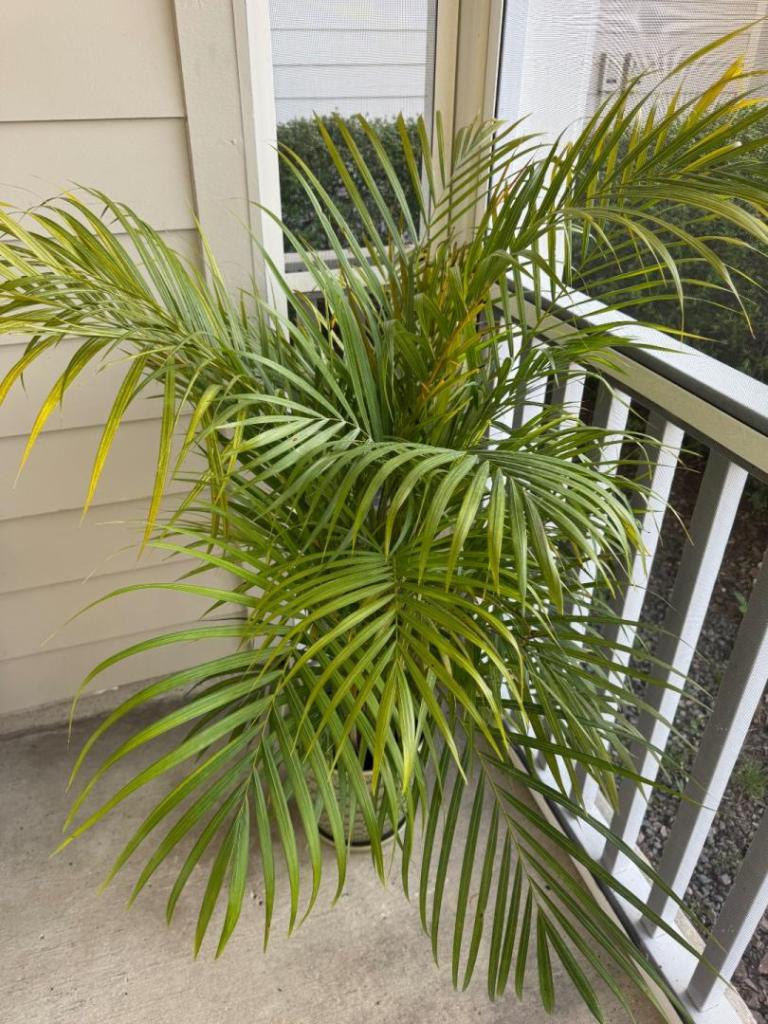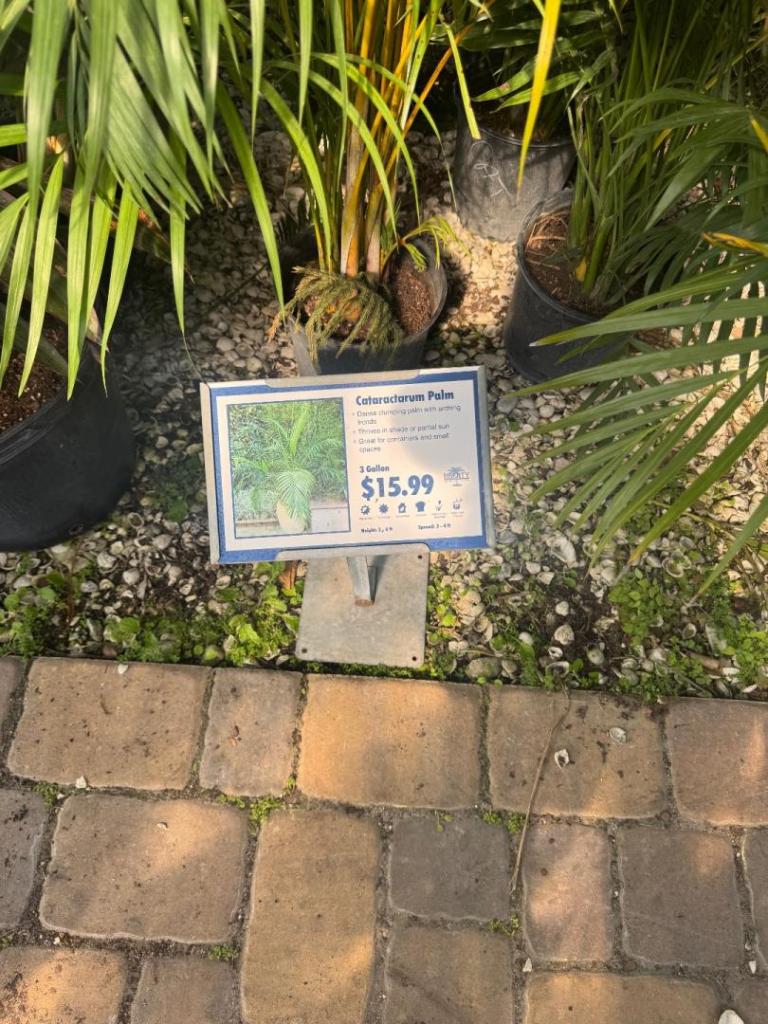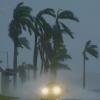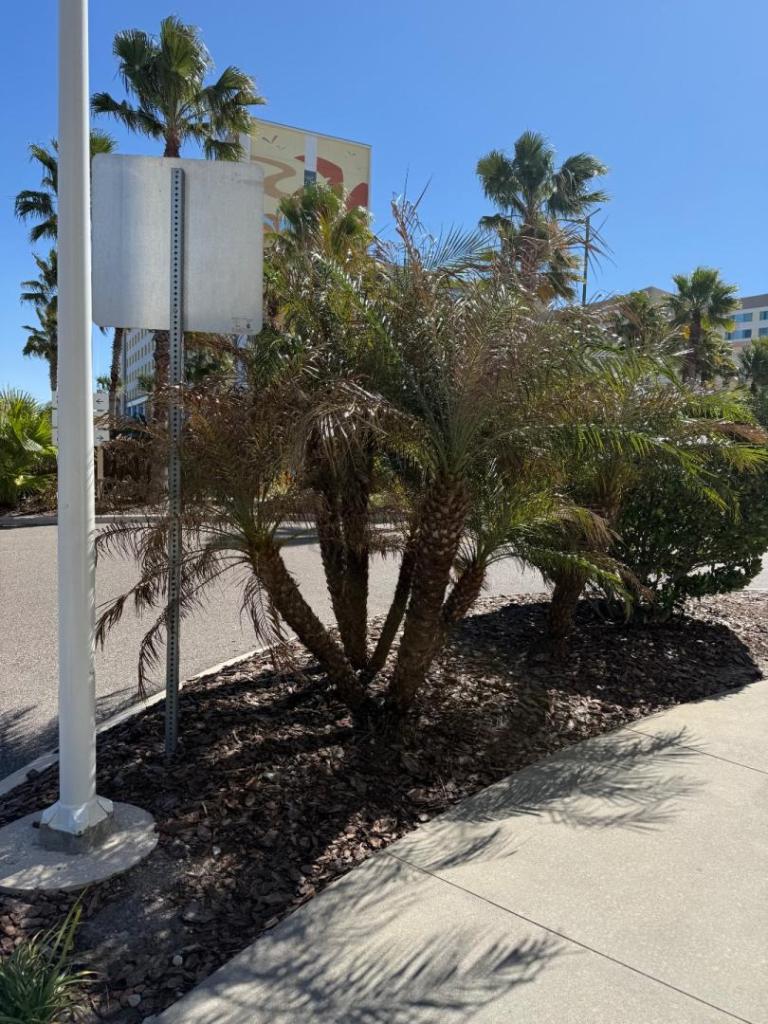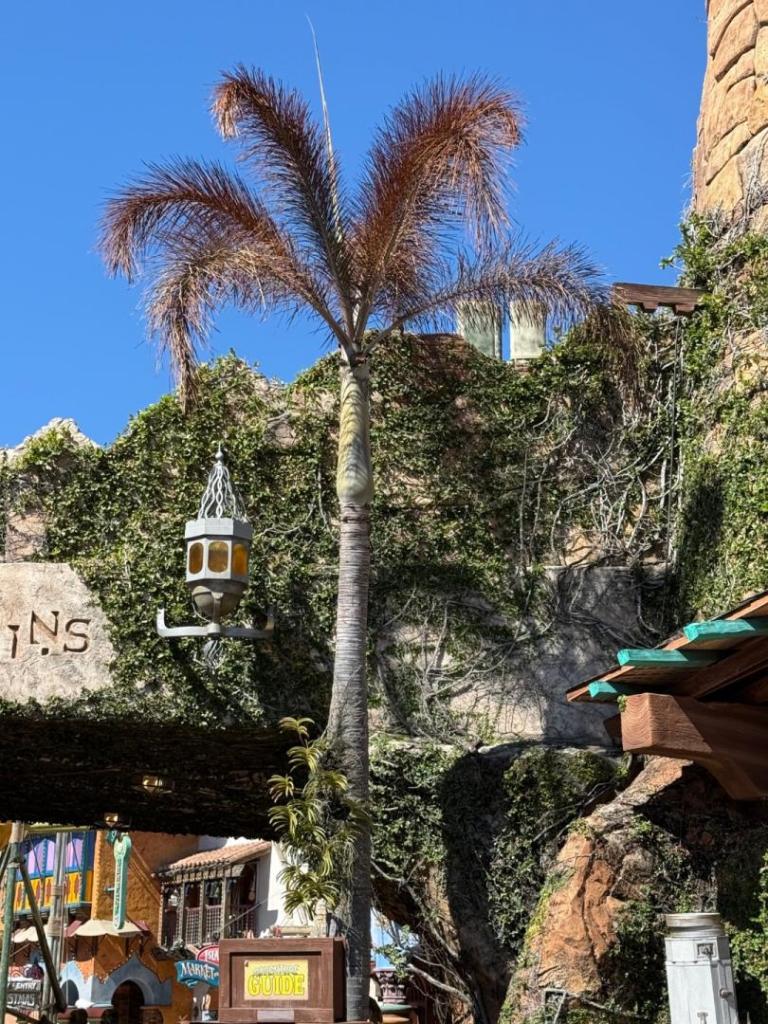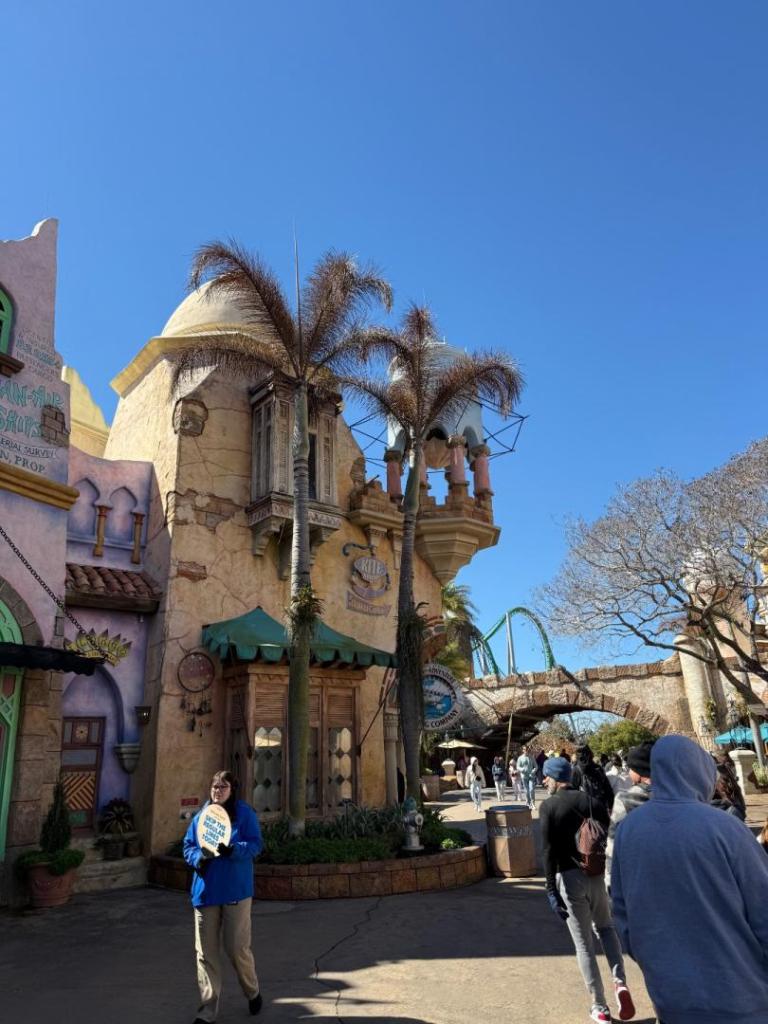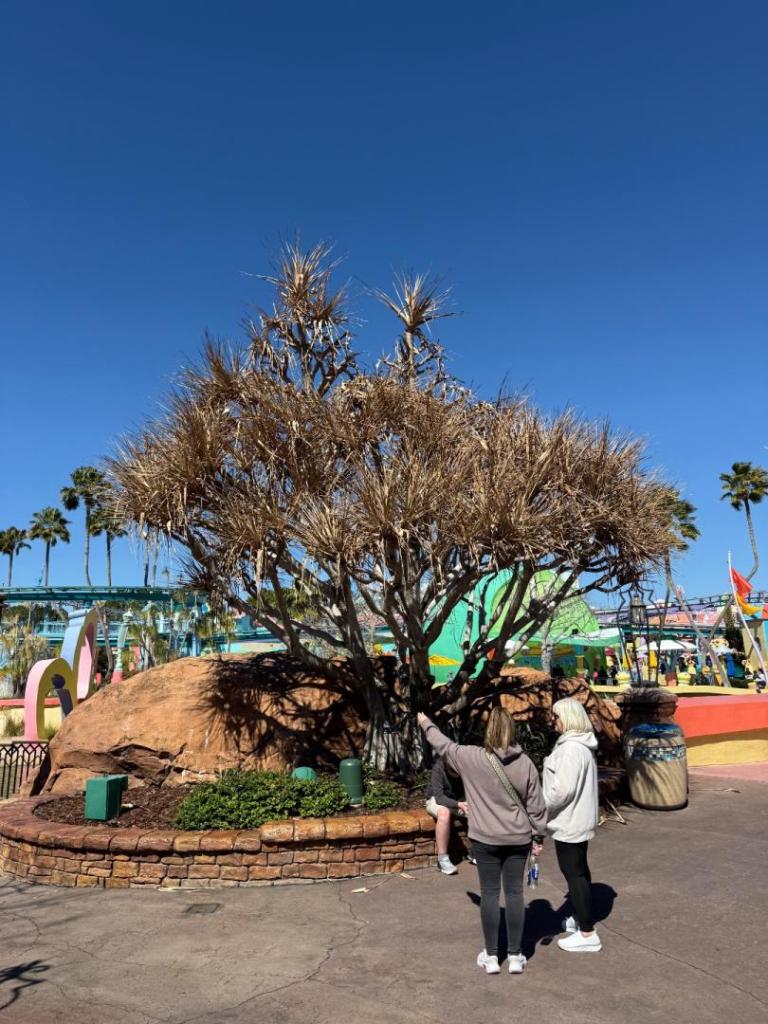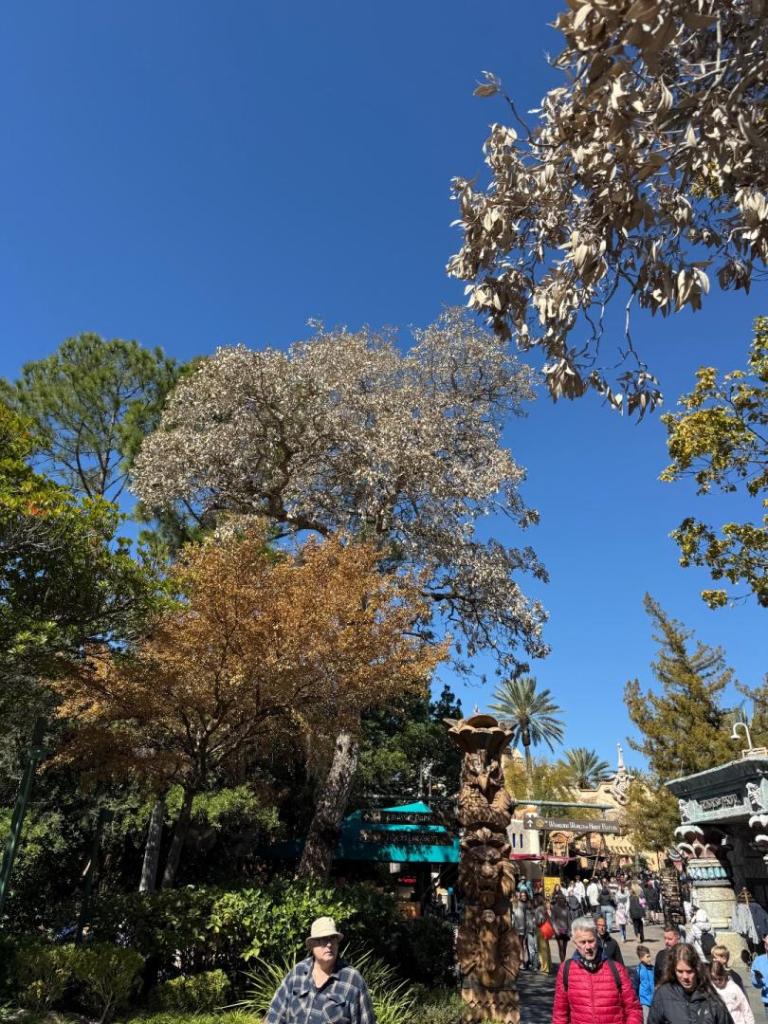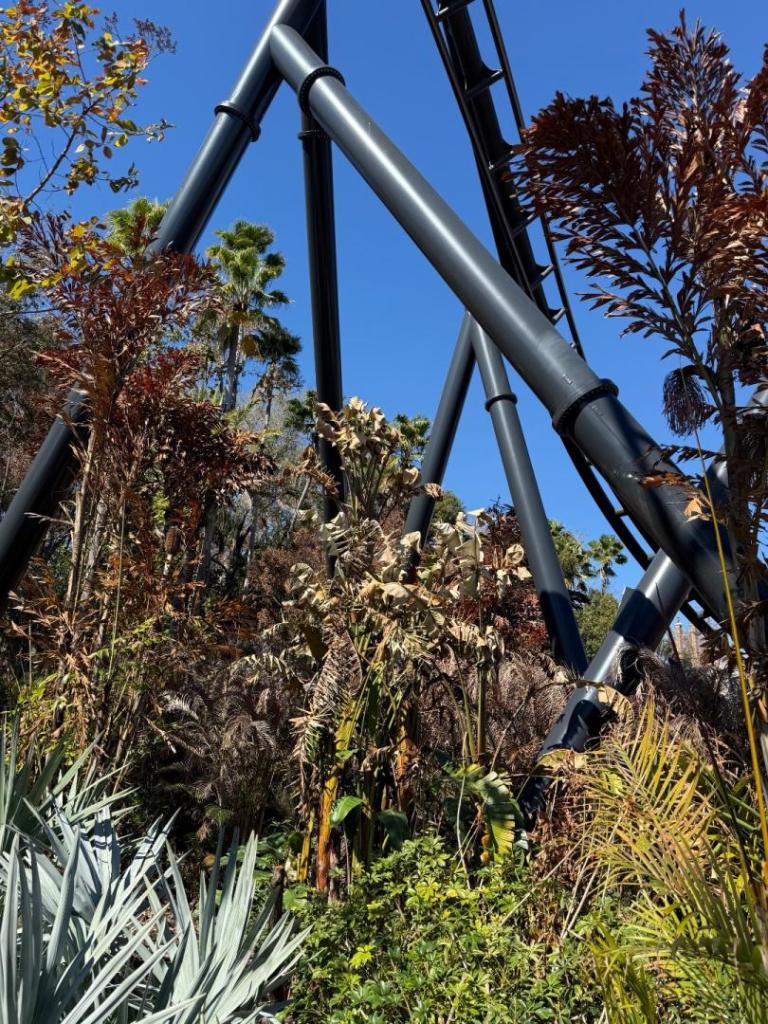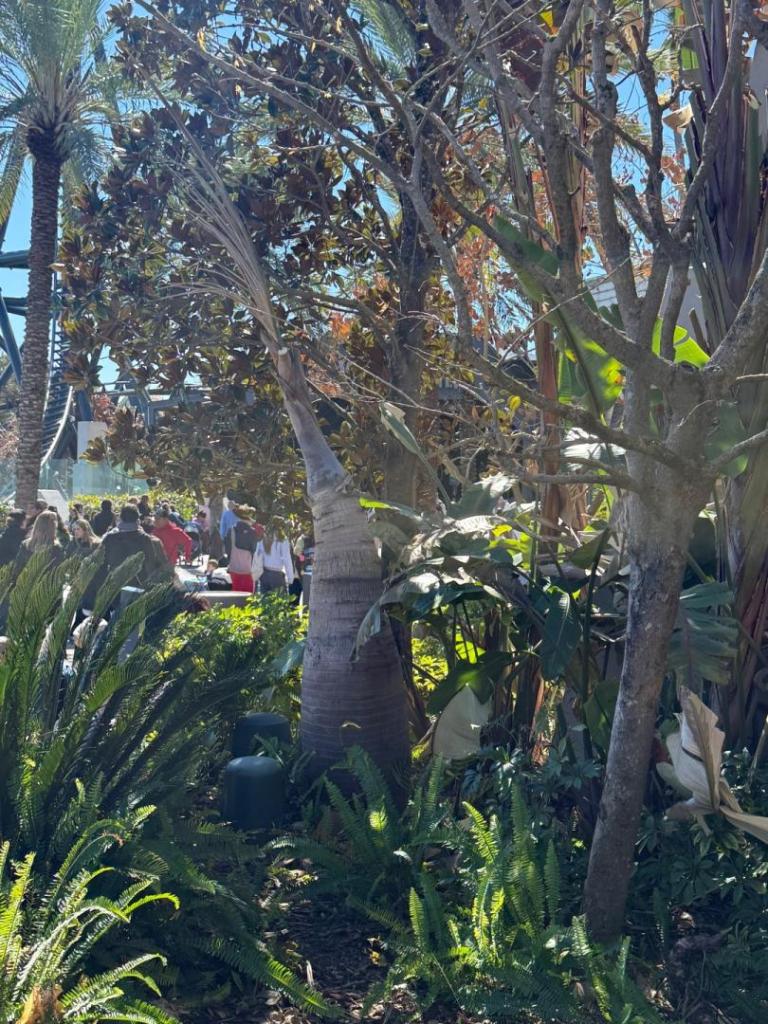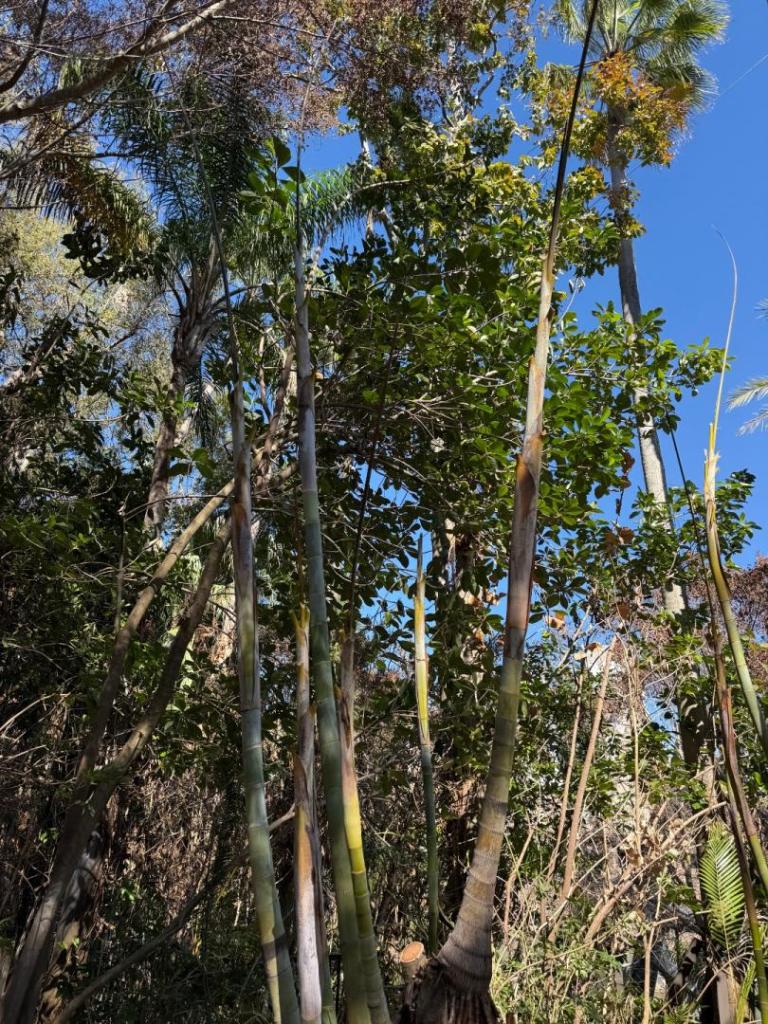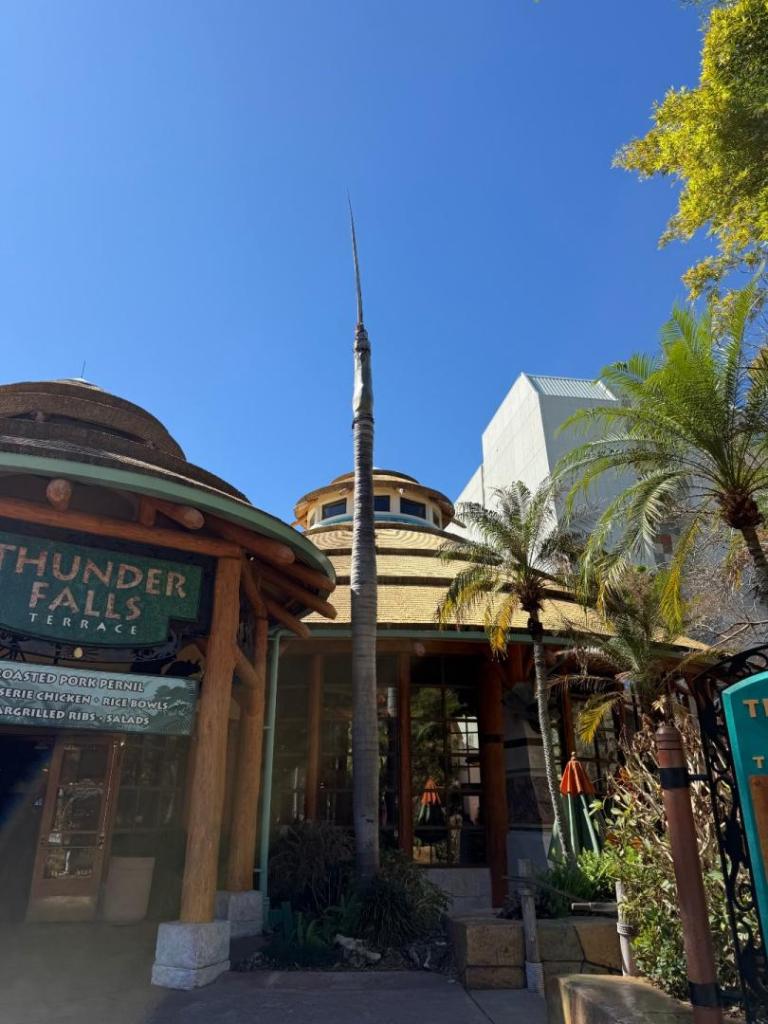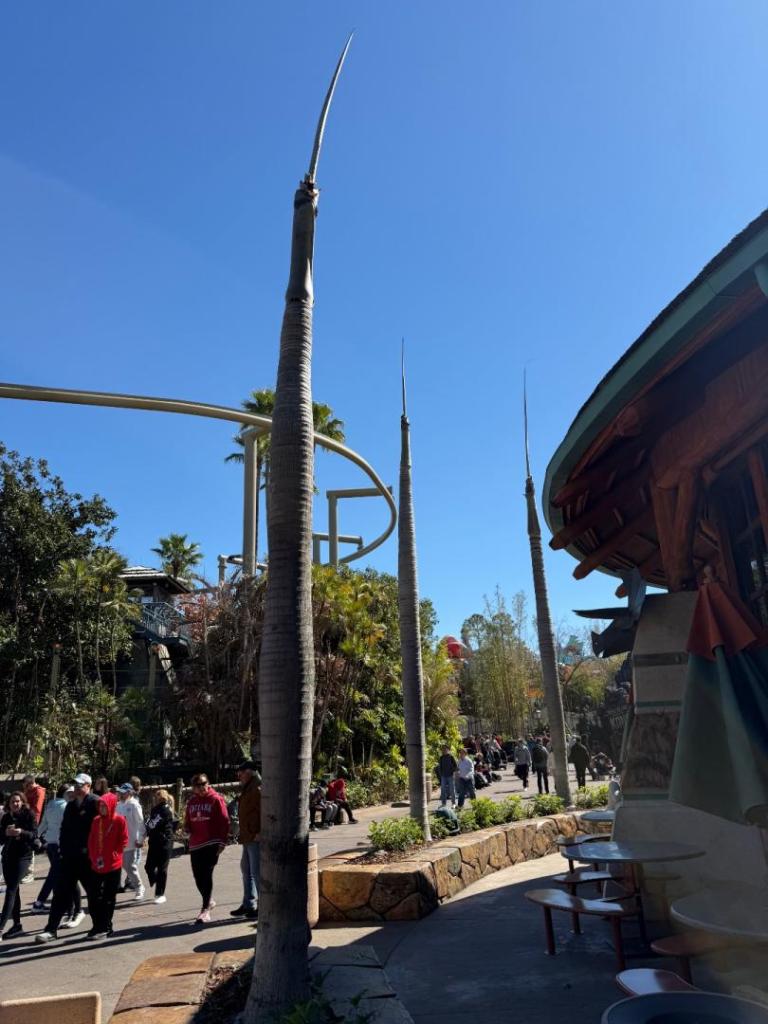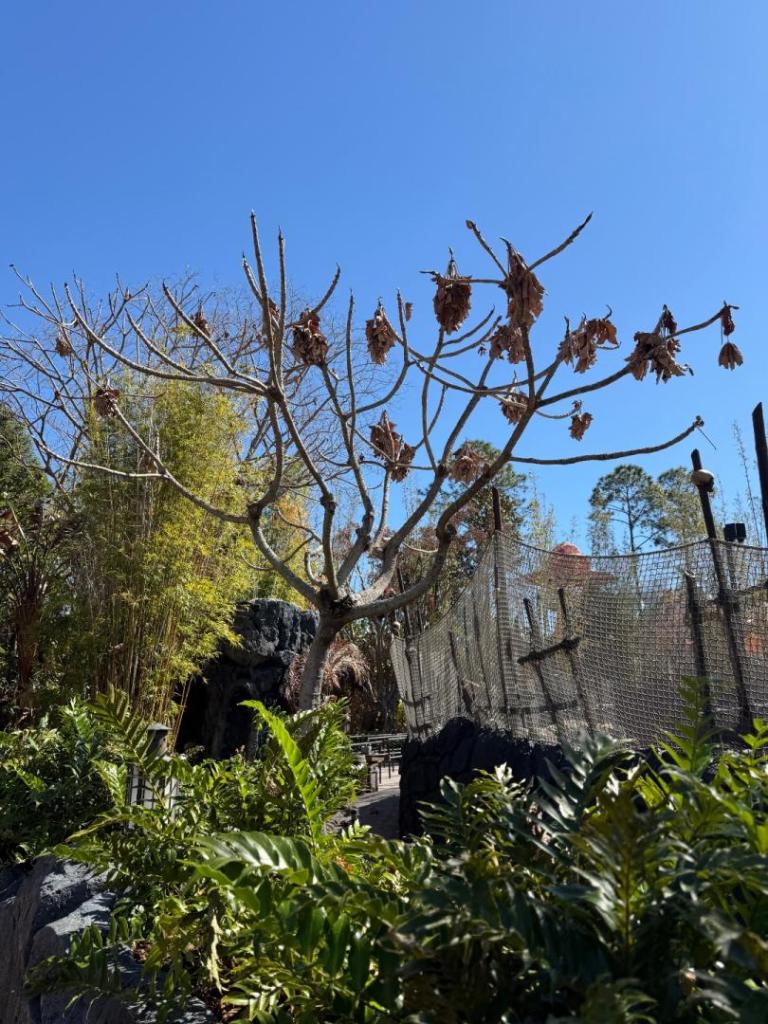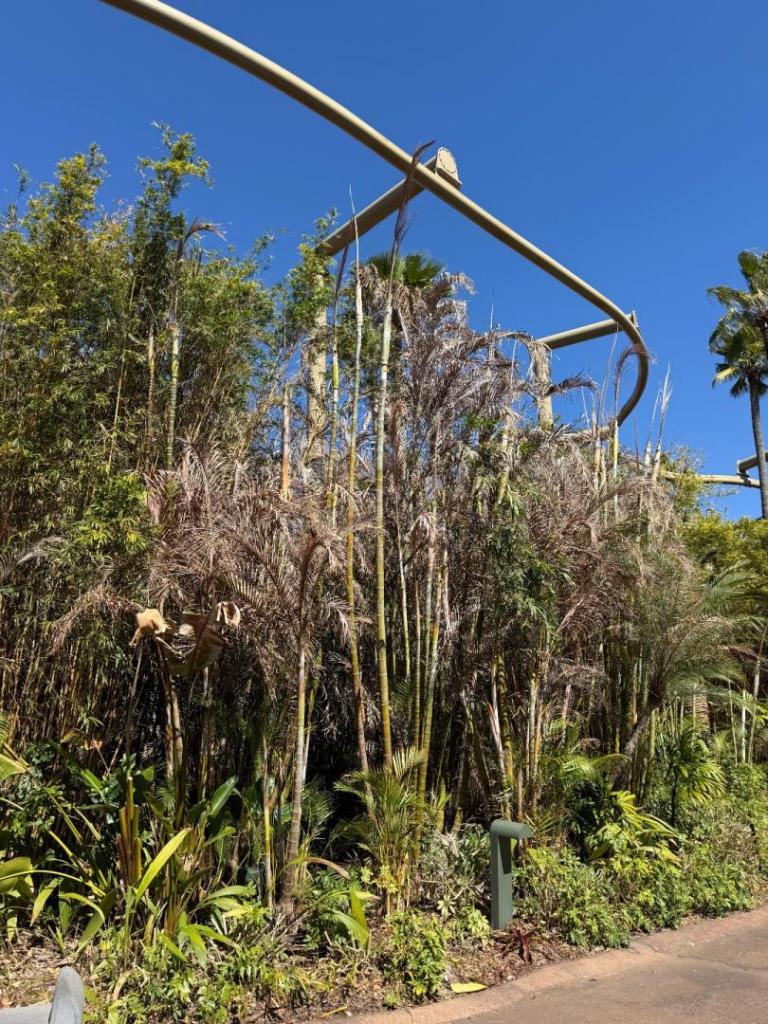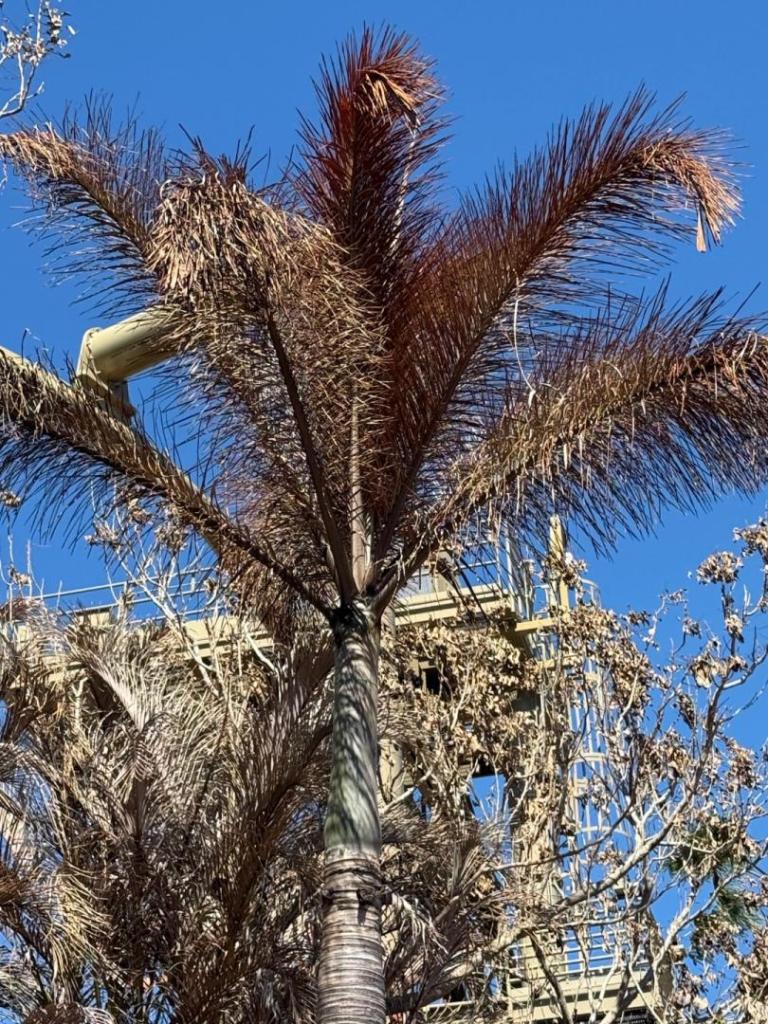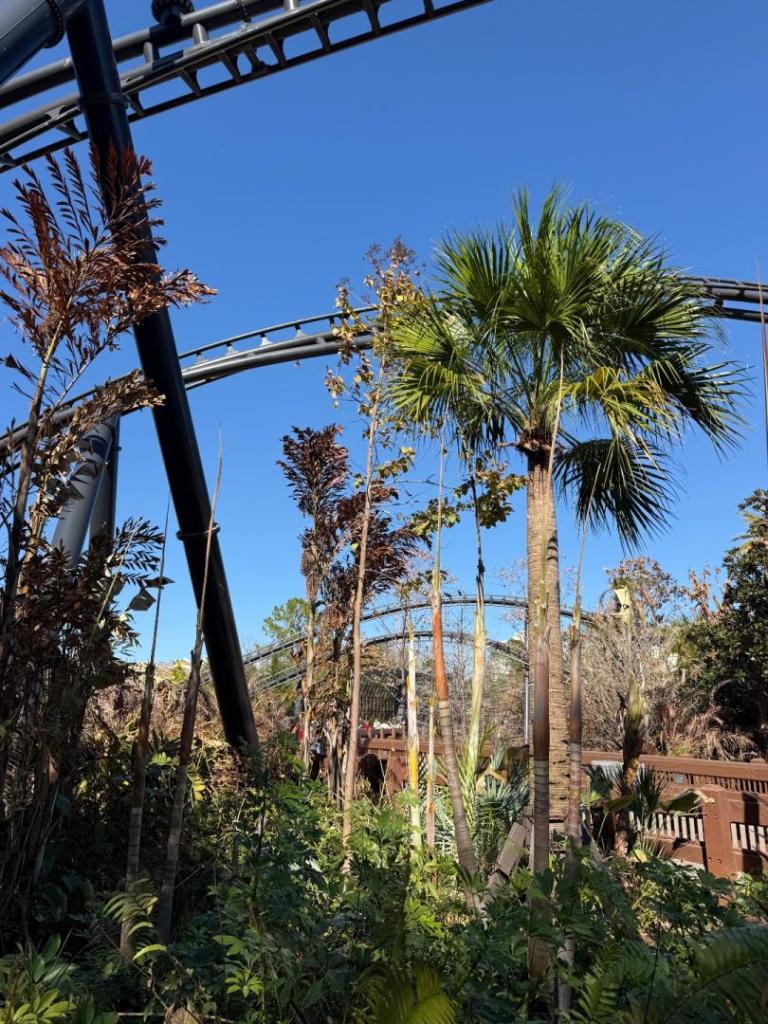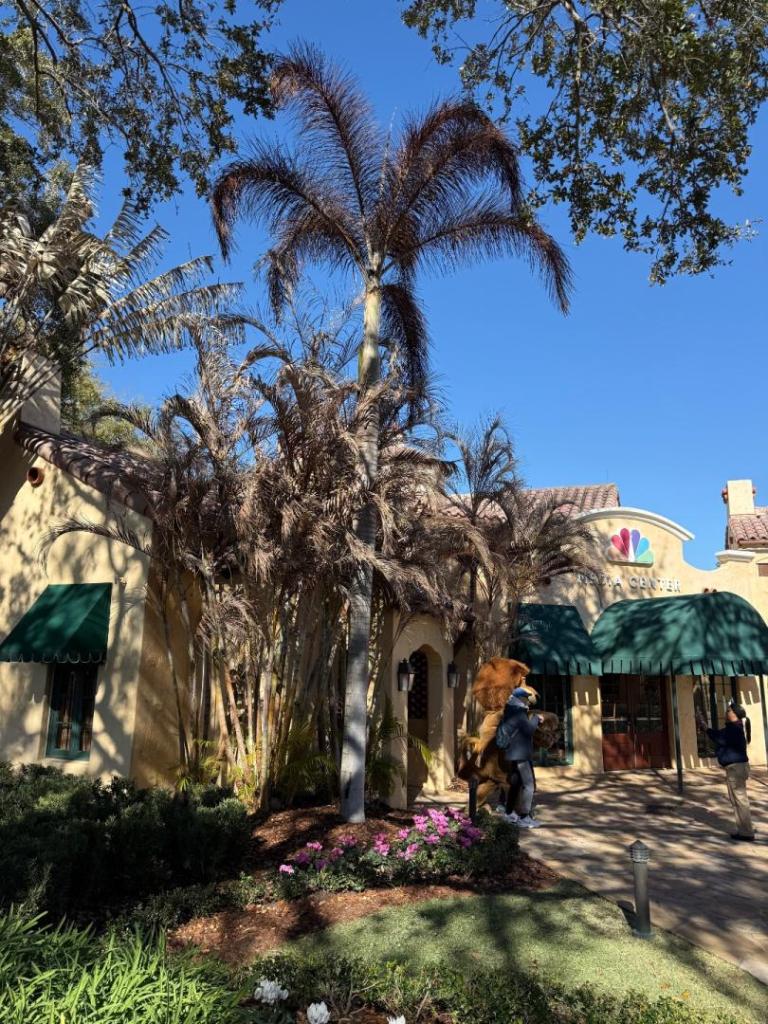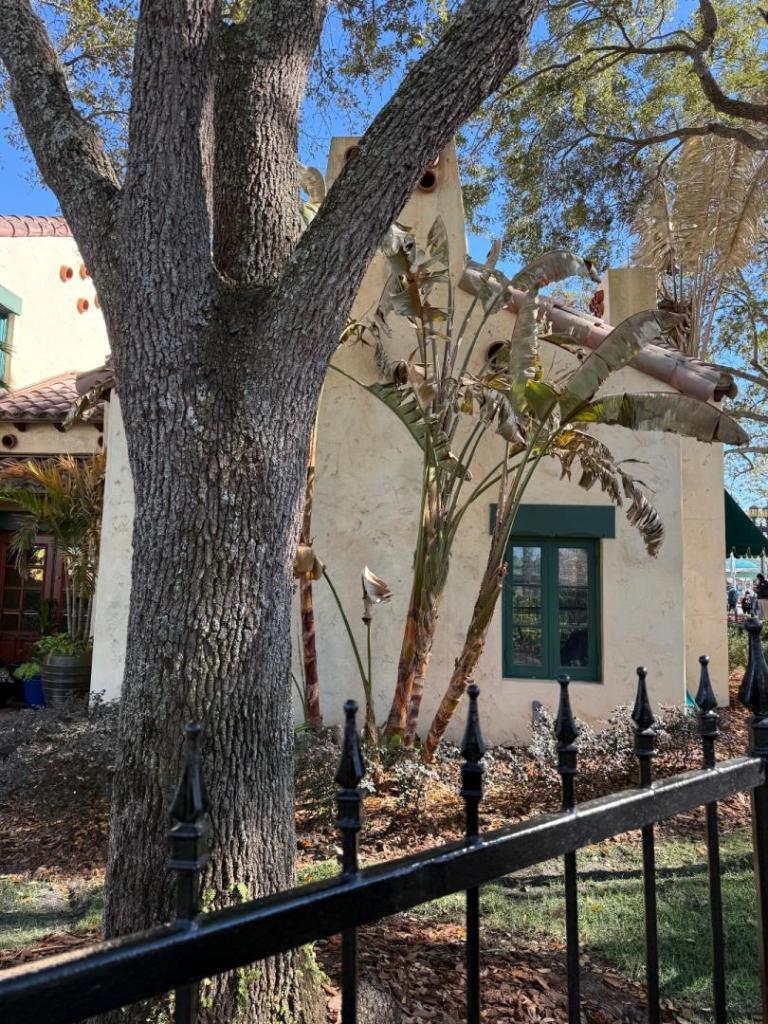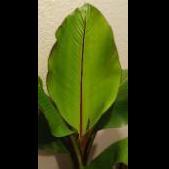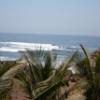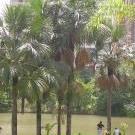Leaderboard
Popular Content
Showing content with the highest reputation since 02/22/2026 in Posts
-
18 points
-
After several revisions, I’m excited to share my ongoing PDF guide to cold hardy palms. This has been a long-term project and will continue to evolve as I learn more and gather new experiences. Feel free to share it anywhere by posting the link to the document — that will always point to the latest version for when I update. I am still working on some more pages in time. I truly appreciate all the support, knowledge, and friendships from this forum over the years. My goal has always been simple, help others enjoy and succeed in this hobby as much as I have. Hopefully this information will especially help others new to the hobby. While the design is AI assisted, all photos and text dictation are from my experiences. While I am aware there are a few errors still, let me know what you think TNTropics Cold Hardy Palm Guide https://drive.google.com/file/d/1w9-43MjGhgyQyqgVeQoWXU69GvRGLpdU/view?usp=sharing12 points
-
My lafazamanga caught my eye this evening, and I thought I’d share a photo of it post-transplant (which happened months ago). as far as I can tell, it’s very happy in its new location, and hasn’t missed a beat from the move.🤞 Has been such a great plant for me, so I’m hoping it will do as well in the new (equally prominent) location. 💕11 points
-
1. Hyophorbe indica 1.5 gallon size 2. Burretiokentias koghiensis 15 gallon 3. Caryota gigas 5 gallon 4. Butia eriospatha band size 5. Brahea clara 5 gallon 6. Brahea edulis 15 gallon 7. Brahea elegans 5 gallon 8. Coccothrinax barbadensis 15 gallon 9. Coccothrinax crinita 5 gallon 10. Cryosophila stauracantha 15 gallon 11. Dypsis baronii 5 gallon 12. Dypsis heteromorpha 5 gallon 13. Dypsis pembana 5 gallon 14. Kentiopsis olliviformis 15 gallon 15. Prestoea acuminata (montana) 5 gallon 16. Rhopalostylis baueri 15 gallon 17. Roystonea oleracea 15 gallon 18. Syagrus coronata band size. This is a small sampler of the over 200,000 palms & cycads we have at our Nursery. I think we offer the largest species selection of any Palm or Cycad Nursery in the western U.S. Visitors welcome. We give individual attention. In business in Encinitas, CA for over 40 years. Mail orders done almost daily. Delivery available on most items. And, by the way, creator and early developer (along with assistance from other IPS members) of this PalmTalk Blog multiple decades ago. Phil Bergman Owner Jungle Music Nursery 1111 Urannia Ave, Encinitas, CA 92024 Phone: 619 291 4605 Email: phil@junglemusic.net Website: www.junglemusic.net10 points
-
In 2015 while I was working in california I bought some patrick schaffer hybrids. I was inspired by the gardens of the fathers of butia hybrids DIck Douglas(NorCal) and Merrill Wilcox(FL). I wanted some jubaea genetics in my yard but best knowledge said pure jube would not be happy here. My favorite patrick hybrid, the one that I did not give away, was a (Bx J)xJ. I had a coupole BxJ from patrick and this one just looked different, even as a small seedling in a 4" pot. It is a BxJ mother tree pollinated by a jubaea. I had it in a small 7g container for years and then upgraded it to a 20 gallon in 2020. I feared it would not deal with florida humidity and wet soil so I kept it in that 20 gal pot and infrequently watered it. I tried to give it away, no takers from the coconut and adonidia crowd in my neighborhood. I even offered it here on palmtalk, surely a nice cold tolerant hybrid would work somewhere up in northern florida or there abouts, no takers. It grew slowly over the years and a year and a half(?) ago I decided I didn't want a palm prisoner in a container so I decided to put it in the ground in a dry spot where I had removed an invasive ficus benjamina I had mistakenly planted. Well, it seems as if the palm just loved this winter and pushed out a bunch of new growth. It grows faster in winter. I also have a BxJ with 3-4' trunk that is a nice palm but this one has a symmetric beauty that I love. Now I am very happy I didnt give it away. Its not a fussy palm, I planted it in a spot where it will intercept cold NE winds off the nearby pond Anybody else have a butia, Jubaea, or syagrus hybrid out there, I know Patrick made a bunch of different hybrids, show yours if you have one.9 points
-
Here is a preliminary cold damage to my personal palm collection. I live in Altamonte Springs, about 14 miles north of Orlando. Its a little colder than the metro Orlando area. My yard does have some good tree canopy in the back but this didn't make much difference with the winds. The first night of the freeze was 23F with 20-30mph winds all night and it was below 32F for over 10 hours. The 2nd night dropped to 28F but it was still with frost. This was the coldest freeze since the record Christmas 1989 freeze. It was also the first hard freeze with high winds the entire night. PALMS Acoelorrhaphe wrightii (4’)- no damage Aiphanes horrida x minima (6’) -100% burn, already had about 25% burn from earlier cold, it always showed damage below about 35F every year but always quickly recovered, not sure this time Archontophoenix cunninghamiana (20’) -major burn Archontophoenix purpurea (7’)- 100% burn Areca triandra (3’) -100% burn Arenga engleri (7’)- surprisingly burn on one leaf Arenga hookeriana (5’)- all tall stems 100% burned, shorter suckers green Beccariophoenix alfredii (15’, 10’)- both have severe burn but green in center Borassodendron machodonis (3’)- COVERED, no damage Brassiophoenix drymophoeoides (5’)- 100% burn Carpentaria acuminata x Adonidia merrillii (25’)- 100% burn Caryota mitis ‘Variegata’ (3’)- severe burn Chamaedorea elegans (2’)-100% burn Chamaedorea ernestii-augustii (3’)- 100% burn Chamaedorea metallica (2’)- 100% burn Chamaedorea microspadix (6’)- no damage Chambeyronia macrocarpa (3’)- all leaves burned except newest Chelyocarpus chuco (4’)- COVERED no damage Chrysalidocarpus leptocheilos (3’)- 100% burn Chrysalidocarpus lutescens ‘Nana’ (3’)- COVERED but partially blew off, 50% burn Chrysalidocarpus madagascariensis (Mahajanga form) (6’)- 100% burn Chrysalidocarous onilahensis (3’)- light burn Chrysalidocarpus pembanus (15’)- 100% burn on the 2 tall trunks, suckers have some green leaves Chrysalidocarpus psammophilus (3’)- 100% burn Chuniophoenix hainanensis (3’)- no damage Clinostigma savoryanum (4’)- 2 newest leaves have no damage, others burned Coccothrinax barbadensis (3’)- light burn Coccothrinax crinita (3’) – severe burn Coccothrinax spissa (3’)- severe burn Cocos nucifera ‘Green Malayan’ (10’, 3’ trunk)- almost 100% burn but a few green leaflets and petioles still green, already push new growth, it already had about 20% burn from frost a couple weeks prior Copernicia alba (6’)- no damage Cryosophila stauracantha (4’)- 100% burn Cyrtostachys elegans x renda (3’)- COVERED no damage Dictyosperma album (furfuraceum) (3’)- 100% burn Euterpe edulis (10’, 5’)- both have 100% burn Gaussia attenuata (7’)- 100% burn, new spear opening Gaussia maya (5’)- 100% burn Heterospathe negrosensis (4’)- light burn Howea belmoreana (3’)- severe burn Howea forsteriana (7’)- severe burn Hyophorbe verschaffeltii (6’)- 100% burn Lanonia dasyantha (2’, 3’)- no damage on either Leucothrinax morrissii (5’)- no damage Licuala kunstleri (2’)- light damage Licuala peltata (3’)- light burn Licuala ramsayi (6’)- slight damage on 1 leaf, very delayed reaction Livistona decora (10’)- no damage Livistona muelleri (4’)- moderate burn Livistona saribus (15’)- no damage Normanbya normanbyi (8’)- 100% burn Phoenix acaulis (3’)- no damage Phoenix loureiroi (Kashmir) (8’)- no damage Pinanga coronata (4’)- 100% burn Pinanga gracilis (3’)- 2 stems, 1 no damage, other 100% burn Pritchardia hillebrandii (3’)- moderate burn, still lots of green Pseudophoenix sargentii (4’)- severe burn Ptychococcus lepidotus (5’)- 100% burn Ptychococcus paradoxus (6’)- 100% burn Ptychosperma elegans (10’)- 100% burn Ptychosperma propinquum (macarthurii) (12’)- main stem 100% burn, suckers mostly brown but some green Ravenea glauca (3’)- light burn Ravenea hildebrandtii (5’)- 100% burn Ravenea rivularis (6’)- 100% burn Reinhardtia latisecta (2’)- no damage Rhapis excelsa ‘Zuiko Nishiki’ (5’)- no damage Rhapis humilis (8’)- no damage Sabal etonia x palmetto (2’)- no damage Sabal mauritiiformis (5’)- very minor burn Sabal miamiensis x maritima (6’)- no damage Sabal palmetto (10’)- no damage Sabal palmetto (Miami Rockridge form) (2’)- no damage Sabinaria magnifica (3’)- COVERED, cover partially blew off, light burn on a couple leaves, very delayed damage Schippia concolor (3’)- moderate burn Serenoa repens, silver (3’)- no damage Syagrus romanzoffiana (20’)- light burn Syagrus sancona (7’)- severe burn Syagrus weddelliana (6’)- severe burn Veitchia arecina (3’)- moderate burn Wodhyethia bifurcata (4’)- 100% burn CYCADS Bowenia spectabilis- no damage Ceratozamia hildae- no damage Cycas debaoenis- no damage Cycas thouarsii- 100% burn Encephalartos ferox- 100% burn Stangeria eriopus- light burn Zamia furfuracea – no damage, in pot and taken in Zamia integrifolia (narrow leaflet form)- no damage Zamia integrifolia (Palatka Giant)- no damage Zamia integrifolia (wide leaflet form)- no damage Zamia nesmophila- moderate burn Zamia sp. “Spots”- severe burn PANDANS Freycinetia cumingiana (4’)- main stems dead, some green shorter stems/leaves Pandanus furcatus (15’)- 100% burn but green already pushing out Pandanus letocartiorum (decumbens) (2’)- 100% burn Pandanus penangensis (monotheca) (5’)- 100% burn Pandanus polycephalus (3’)- severe burn Pandanus pygmaeus ‘Variegatus’ (2’)- moderate burn Pandanus tectorius (spineless form) (3’)- 100% burn Pandanus tectorius, dwarf spineless variegated form)- 100% burn PALM-LIKE PLANTS Cyclanthus bipartitus (4’)- 100% burn, this is root hardy, foliage dies every year as it declines around 35F but rapidly regrows in spring Dracaena arborea (4’)- severe burn Ravenala madagascariensis (15’)- 100% burn Ravenala menahirana (Honkondambo) (3’)- 100% burn, new leaf emerging Sphaeropteris cooperi (Cyathea) (10’)- 100% burn Strelitzia nicolai (10’)- 100% burn9 points
-
8 points
-
8 points
-
The old saying down under is have you got a spare minute, well if you have two minutes to spare you have got over 70 varieties of palms packed into just this part of the garden. A small amount in comparison to other collections. I don’t know how many varieties I have in the ground or in the greenhouses waiting to get planted. I do know I counted 70 in this section of the garden alone. Plus whatever other varieties of plants are in there. The garden is getting close to 30 years old and iam not stopping until that day they throw my ashes in the garden. And even then the palms will have their say as to who really rules the garden. I will quite happy knowing I fed them one last time @happypalms! IMG_9614.mov8 points
-
7 points
-
I have a 'Green Malayan' at my house in Altamonte Springs (north of Orlando). I'm in a cold pocket and wasn't planning on trying a coconut here. We have Great Danes and one of them liked to carry and chew on coconuts. My inlaws live in Jupiter so we would brink coconuts back and had a pile on the side of the house. One of them sprouted so I planted it in my banana patch. That was about 10 years ago. It would get some damage almost every year. This year it already had about 25% burn before the freeze hit. Its about 10ft tall with 3ft of clear trunk. I had 23F in my yard with the winds, 28F the 2nd night with frost. All the leaves are burned but the petioles are still green and a few leaflets stayed green. I cut the center leaves out last week in case rot tried to set in, spear was solid. With 3 days last week near 90F it is actually pushing new growth. I will be floored if it does regrow.7 points
-
7 points
-
It didn't get down to freezing in Cape Coral but we had several nights in the mid-30s (34-35F) and I am gradually seeing cold damage as time goes by. Coldest nights since the record freeze of 2010. Looks like a repeat performance early this coming week. That and months of extreme drought make for a brown and crispy garden. Can't get a break.7 points
-
7 points
-
7 points
-
A few of the more tender things at Naples Botanic Garden today. Not sure what the low temps were there but the vast majority of the collection seems to have avoided major damage. Areca catechu: Nypa fruticans: Pritchardia pacifica: And a few Pritchardia thurstonii for comparison, proving much more tolerant of cold compared to pacifica (as advertised)7 points
-
It’s a wonderful joy planting a couple of palms. And even better in remembrance of one the greatest palm germinaters that I have know. So a couple of Mercs palms went into the garden today, a ravenea hillbrandtii and a hypohorbe indica red form along the driveway in a prime viewing spot for that extra bit of remembrance!6 points
-
6 points
-
Every seed and bulb I own is now planted. I'd just like to throw that out there. Please clap. https://www.instagram.com/reel/DVAn6WoDTPQ/?igsh=aWgwNHQ4aTJ3a2Y46 points
-
After this year how my yard looks and how others look I have realized how important canopy is. A night in the upper 20s 27 to 30 5 hours or less has 0 effect on anything under canopy. The realy bad nights with wind and the night at 24 with no wind the stuff under canopy still out performed stuff in the open. Areca palms under canopy small ones are still alive as coukd be just a little burn. Arecas in the open torched tonthw ground. Mangos in the open torched mangos under canopy still have some green leaves or no damage at all if they are protected enough. I've learned the warm and cold spots of my yard. A thermometer didnt show much difference in these areas but the plants did. I have an 8ft tall mango in the open on the back side of my yard. I only protected it the night at 26 and 24. It went through all the nights with heavy frost and 4 or 5 nights between 27 and 29 not protected with 0 damage. Bananas under canopy on part of my yard no damage intill thw 2 bad nights etc. I now know I have no problem growing sensitive fruit trees and ficus etc under canopy. Some defolitated or burn back tiny branches but survived perfectly ok and are pushing new growth already. I am focusing on canopy. I have planted almost 15 queen palms to help with canopy. They are super invasive around me I dig most of them out of the woods behind me before they cleared it for houses. Pic of mango for reference. Its had a rough past over the last 3 years. Flooding has almost killed it twice. That problem has been mostly resolved.6 points
-
I just want to show how dry the air was over north Florida on the morning of Feb 24th. Here is a computed sounding profile from the GFS model run initialized at 6Z. The bright green squiggly vertical line on the left is the dewpoint temp. The red line paralleling it to the right is the temperature. At the surface the dewpoint was 20F and the temperature was 35F. The dewpoint spread (the distance between the dewpoint and the temperature line) is very big at all levels of the atmosphere above the surface. In fact if you go up to around 2.75 km above the ground (near the 750 mb level) the air is bone dry as that dewpoint spread hits is maximum value. Only at the surface was the Relative Humidity (RH) at it's highest point (48%). At every point above the RH was much lower. In this sounding, for the entire depth of the atmosphere there is only 0.16 inches of Precipitable Water (PW = 0.16in). This also proves that the atmosphere is very dry .... I will come back to this point below. On the far right hand axis labelled at the top "Inf. Temp." The "Inf. Temp." is the Inferred Temperature Advection (degrees C / hour). At every level of the atmosphere, except around the 750 mb layer you see cold air advection taking place (the blue vertical rectangles on that axis). Now, coming back to the Precipitable water available within the entire depth (column) of the atmosphere (PW = 0.16 inches). Let's look at the Sounding Climatology from the nearest location, Jacksonville FL : Here you can see that for February 24th the 10th Percentile value for PW is 0.32 inches. That morning north FL was seeing values only half of that. In fact the values being seen were very near the all-time lowest values seen via real soundings. The air was extremely dry above north Florida that day. It was very clear to both incoming Shortwave and outgoing Longwave radiation. The lack of water vapor and no mixing allowed for very strong cooling of the air. -Matt6 points
-
Port Richey, in Jasmine Lakes. We were extremely fortunate with the wind direction remaining slightly west of north during this event. Our low minimum was 28.0°F for 3 to 5 hrs (guessing on duration. I still need to check our weather station data). Veitchia Arecina, planted December 2021, this year, I was having a bad Lupus Flare and was curious about the cold tolerance. Completely unprotected through the 3 nights of freezing and 3 to 5 nights close to freezing. My Beccariophoenix Alf. was also unprotected with the 28.0°F. Alexander Palm, toasted, but alive and the new spear has grown about 6 inches. Foxtail, foliage crisp, new spear green and also has grown a few inches. Dichrostachys "Kalahari Christmas Tree", surprisingly was defoliated but will recover. Pretty sure the wind was the main culprit. Not to mention it too was uncovered. My Coconut Palm and 2 small Teddy Bear Palms were my main concern. One Teddy Bear, oddly enough the one I boxed and blanketed, defoliated, but the green spear has grown slightly. The other was on the southern side of my husband's big work truck, which must have helped protect the foliage. I wrapped the base up to halfway its height. The end of the big frond eventually did brown mostly, but not as much as I anticipated. As for my Coconut Palm, the C9 lights actually burned each frond and they fell over *smh* but, the temperature stayed about 70°F with the cover. I was hospitalized for a few days after the freeze and left the lights on to keep it cozy. The spear has actually grown about 3inches since. The photo driving down Jasmine Blvd (heading east towards Little rd - I was not driving) is of Royals, Coconut and Caryota. A bit crispy, but nothing like the carnage to our east6 points
-
6 points
-
39F was my low. Plants are probably just as tired of this as the rest of us. 1 more night. As far as why all of FL is cold, it's the persistent flow of air directly from Canada to FL. The high pressure over the 4 corners is never good for FL and it has not moved much of 2026. West ridge is a good indicator of cold nights in FL. The drought isn't helping either. Like the desert, dry ground cools much faster. Basically this has been a perfect storm but in the wrong way.6 points
-
6 points
-
6 points
-
Couldn't agree more.. 🤔 ..." like a vampire for blood " Suckin' -borg? ..Perfect nick name for zuk ..i mean ..suck.. Enthusiastically awaiting the day the Meta ( ..i mean Shett -aa ) empire implodes like the death star.. If only that dinner between the dweeb and other creeper dude was the kill shot.. Of course, when that glorious day occurs, how ever it does, that will mean a lot of whining form people who suddenly have to ...Gasp!, grasp them pearls.. ..go outside and interact with the world ..and other living people / things in it, ...like normal people did pre 2000.. Scary!! 😂6 points
-
I deactivated when Meta started up. It started asking me extra security questions at every login. I think Zuckerberg was just phishing for more user personal information.6 points
-
I learned real quick that growing palms is a huge commitment. It's not like you plant something and call it a day. Here in Texas I can't even fully enjoy the winter because my nose is glued to the NWS screen just hoping that we don't get a 2021 Palmageddon winter. It's the uncertainty that bothers me. Every hobby costs money. I'm someone that can easily let go. I don't need to live at a place where I can grow palms. I also don't have the time and willpower to build structures around zone pushed palms just to keep it alive. I see some of our members doing that every year I'm like there's no way I'm going to do that. I work many hours, physically I don't have time for that kind of stuff. I also have my wife . She's maintenance too lol. I'm just a simple palm grower and I'm cool with that.6 points
-
They generally transplant very well, even with a small root ball. Spring would be a good time for the move or now if temps are reliably mild. The palm will be quite heavy so be ready for that. You’ll need to water it daily for a few months while it replaces lost roots.5 points
-
5 points
-
I tried a butia a few years ago and covered it on cold nights. It died but my pot grown palmetto survives to this day. I wish butia were equally as cold hardy as sabal palmetto but it hasn't been my experience. I've killed two butias and pretty much have given up on them. I may try one again. 🤔5 points
-
5 points
-
5 points
-
You might think that for something like this, AI scrapes the internet for information about the various palm species and then synthesizes plagiarizes the information to make these articles. What it actually does is even lazier and much stupider: it just makes up plausible sounding facts out of thin air, and then fills in the requested fields (like the incredibly detailed care information) with completely generic and useless information. This site is now some of the most prominently accessible information on the entire internet when you search for these species (google ranks sites like this that claim to be selling something very highly). This information also gets fed right back into the next plagiarism machine that comes looking for it. Garbage in, garbage out. It would be funny if it wasn't so scary. https://www.viriar.com/blogs/palms-tree-encyklopedia/hyophorbe-amaricaulis https://www.viriar.com/blogs/palms-tree-encyklopedia/ravenea-musicalis-river-palm https://www.viriar.com/blogs/palms-tree-encyklopedia/sabal-pumos-pumila-dwarf-bush-palmetto - These are just a few quick examples of information that is, for the record: completely false, that I was able to find in a minute or two of clicking around. Last year I noticed that the International Aroid Society redesigned their website and included an wholly AI-generated encyclopedia of thousands of Aroid species. Just like this one, it was completely nonsensical and full of misinformation. Unlike this one, it was hosted by a legitimate organization which is the official registrar for the Aroid family, and also a non-profit that promotes education and conservation. After a few months and some negative feedback that section of their website is currently not active, but we are teetering on the edge of completely losing our grasp on collective reality, as this dangerous technology is pushed on everyone.5 points
-
Hello everyone!!! I am very confused about what type of palm this is. I went to the nursery today looking for my first plant to set on my western-facing lanai. Originally, I did NOT want a palm because I am a Florida native who wanted more variety, but I was still open to them as long as the leaves weren’t waxy or sharp. My research led me to find the Areca palm, which turned out to be mostly what I was looking for. I asked one of the workers at the nursery where I could find one, and she told me they were all out!! I continued to look around and stumbled on the tree I ended up purchasing. It was labeled as a cat palm, but it still had the look I wanted, so I didn’t care much about the name. The guy at checkout asked if it was the Areca palm since they don’t label the plants themselves. I knew he would ask, so I showed him the picture labeling it as a cat palm. I took the palm home and downloaded the plant parent app to help me understand what is needed to care for it. The app told me that my palm was actually an Areca, and so did 3 other websites I tried to use to help clear the confusion. Long story short, I am now a proud owner of whatever the heck this is and wanted to ask the experts, not the AI. Feel free to add all the advice you can to care for her. It seems I get mixed answers around every corner. She is currently in the 3-gallon nursery pot I bought it in, which is inside of a clay decorative pot. Both pots have drains. Like I said, I have her situated on a west-facing screened/roofed porch lanai thing. The direct sunlight only lasts for maybe 2-3 hours if that before the other buildings block the direct rays. The porch is always indirectly bright and breezy. I was told not to cut the brown spots and that it’s a fungal infection from overhead water at the nursery. Anyway, thank you for your time! - Lisa Rinna the mystery palm5 points
-
It depends on how far inland you are in St. Lucie county. If you're generally east of the turnpike, then normally you'd be good. The setup we had on 02/01 was unusually bad, similar to 12/25/1989. If I remember correctly, the all time record lows on the east coast are as follows: Merritt Island 21F Patrick Space Force Base 24F Melbourne 17/19F Vero Beach 21F Fort Peirce 19F Port St. Lucie 22F West Palm Beach 24F We were not too far off from our all time record lows, about 2F to 6F in fact. What we just saw historically is almost as bad as it gets. The rest of the state was give or take was a repeat of 2010. North Florida and within about ten miles from the gulf coast fared comparatively well on this one.5 points
-
Page 7 looks like a bountiful garden compared to my disaster in Oviedo. Not sure on casualties yet but looking like severe. Royals, several very large Adonidias, 100’s areca’s although the lowest are green, coconuts, citrus, bananas, mangos, ti, ginger, crotons, aboricolas, colocasia, fiddle leaf, birds, you name it. Torched. Even the Bismarcks got hammered but should do fine. Only the Europeans, sabals, and livistonas appear unfazed.5 points
-
5 points
-
I see a few questions about how is it getting so cold in FL right now considering that areas much farther north of here have snow on the ground and are warmer ? There's a few things that must be considered to answer that question : 1: Strong cold air advection. That cyclone that just slammed the coast from DC to Boston advected a lot of cold air from the north straight south. The cold air advection wasn't as intense as what you got a couple weeks ago, but it was still strong. 2: Extremely Dry Air. The air at the surface and at every level above the surface over areas of Florida are extremely dry right now. This allows the air to cool down significantly. It also allows the daytime high to be warm. 3: The air is also very stable and stratified (thermally in the vertical) over Florida right now. This prevents any mixing at night. The coldest air will sink down to the surface. 4: The vertical column of air from the surface all the way to the boundary with space (say 10mb) is exhibiting an extremely Radiationally "Clear Window". Radiational cooling all through the atmosphere is maximized right now helping to further cool the air column. This Radiationally clear window is there because the air is extremely dry at all levels, no clouds, calm winds, no mixing. That Dry air above got pulled in from the west / central portion of the interior continent, particularly at the low levels. The deeper moisture got dragged up from the south (well east of Florida) on the eastern side of the storm in a warm / moist conveyor belt and dumped it's precip. along the coast in the form of snow and rain. So why was it warmer in areas that just got snow ? Those areas are all the complete opposite of what Florida got. They have a high level of moisture in the lowest levels of the atmosphere. Still some clouds. The air is mixing well at the low levels. Those areas are actually seeing more warm air advection compared to Florida. That snow was extremely moist an quite warm. They will cool down more as the low moves further away. Under a "Radiatively Clear", barotropic atmosphere (post cold advection) .... the 2nd morning after, the lowest temperature of the day will always occur right at sunrise and last up to an hour afterwards until that incoming shortwave radiation from the sun can warm the surface and mixing occurs via shallow convection. This is all just physics. Physics and weather have no regards to the calendar, ever. -Matt5 points
-
5 points
-
For me it's not a reclinata but a hybrid of rupicola! I said it! I didn't know whether to say it or not5 points
-
More photos for posterity from Universal. It’s interesting that there’s so many degrees of variances to the damage plants achieve. I was at Islands Of Adventure to snap up some photos, and it’s really bad there. This was probably somewhat of a reckoning. But to my surprise, traveler’s palms in some locations fared better than I would have guessed.5 points
-
Palms here are killed by lightning a lot, hence no tall washingtonias even in dry soil areas like spring Hill. Then there is the summer heat and humidity and diseases, you can't add more "dry" during heavy rain periods, whearas you can add more water when there is a drought. Many homes are newer, hurricanes, etc. There are a lot of potential reasons for less impressive palms than other places, but cold is a major one for sure. I am leaving out natives of course.5 points
-
5 points
-
Yes because Dypsis is too hard to spell and pronounce.5 points
-
Doesn't she have any suckers yet? Reclinata as a child, she puts out suckers5 points
-
One of the worst ever. Incredibly cold and the winds exacerbated the damage. I just drove home to Orlando from Fort Lauderdale and there is damage from Palm Beach county northward. Even large trees took a hit. that said, I checked palms and trees in my yard upon returning. There is new growth in coconut, royal ,foxtail and lutescens as well as Petrea vines. Mango tree still needs to drop its leaves but it is alive. s5 points
-
Agree - That would be a fantastic deal on the west coast! Location, location, location. 😊 4 years ago, we had a local Arizona nursery import 2 pallets of 7 gallon old mans, (18 trees) priced at $250 each. They literally sold out in less than a month! It was a once in a lifetime opportunity, here, as rare palms are almost never available locally with any size to them. aztropic Mesa, Arizona5 points
-
5 points





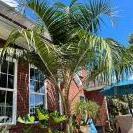


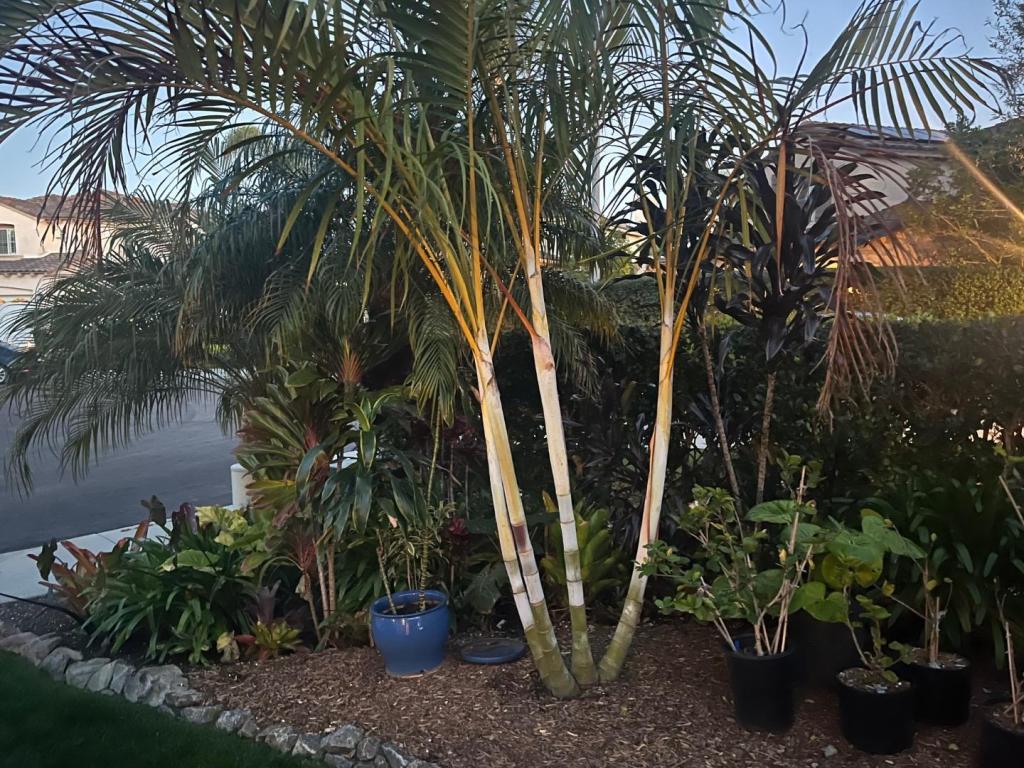










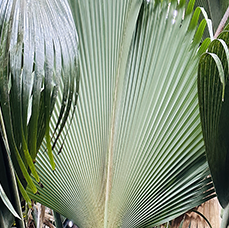







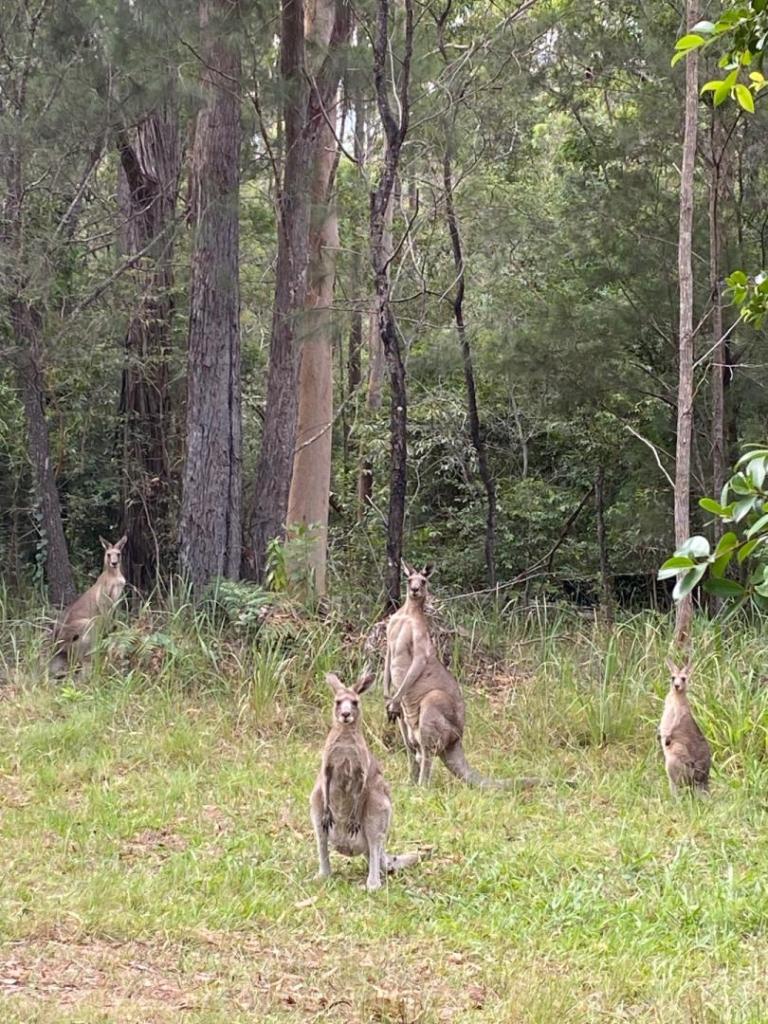

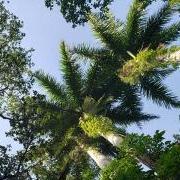




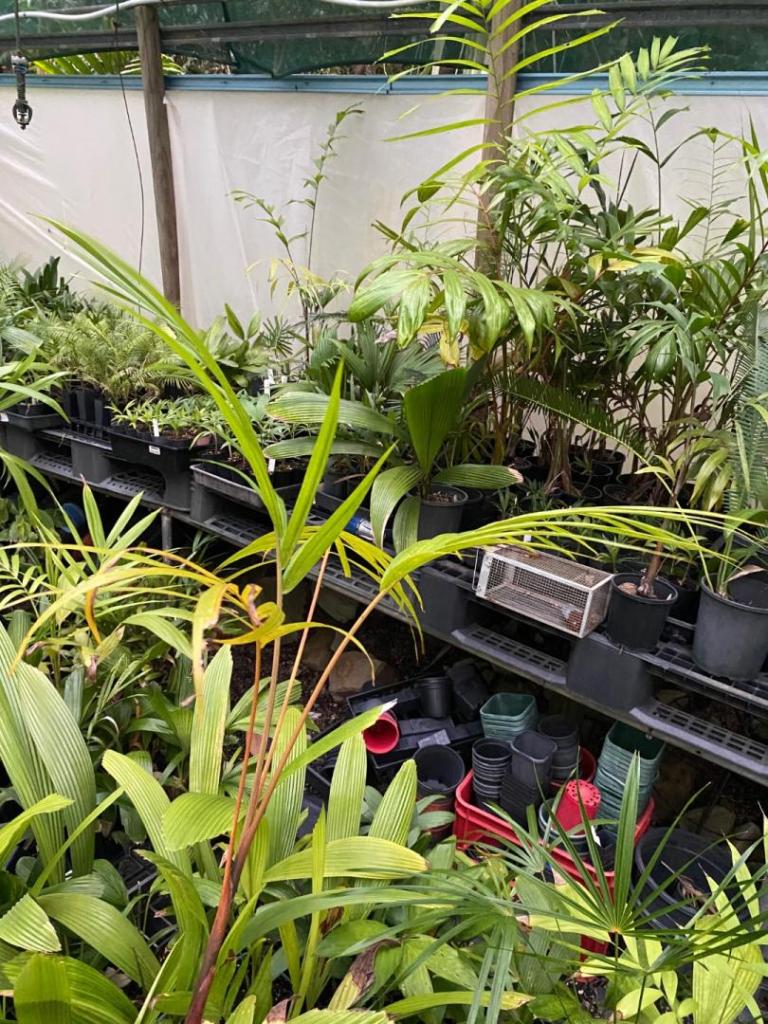





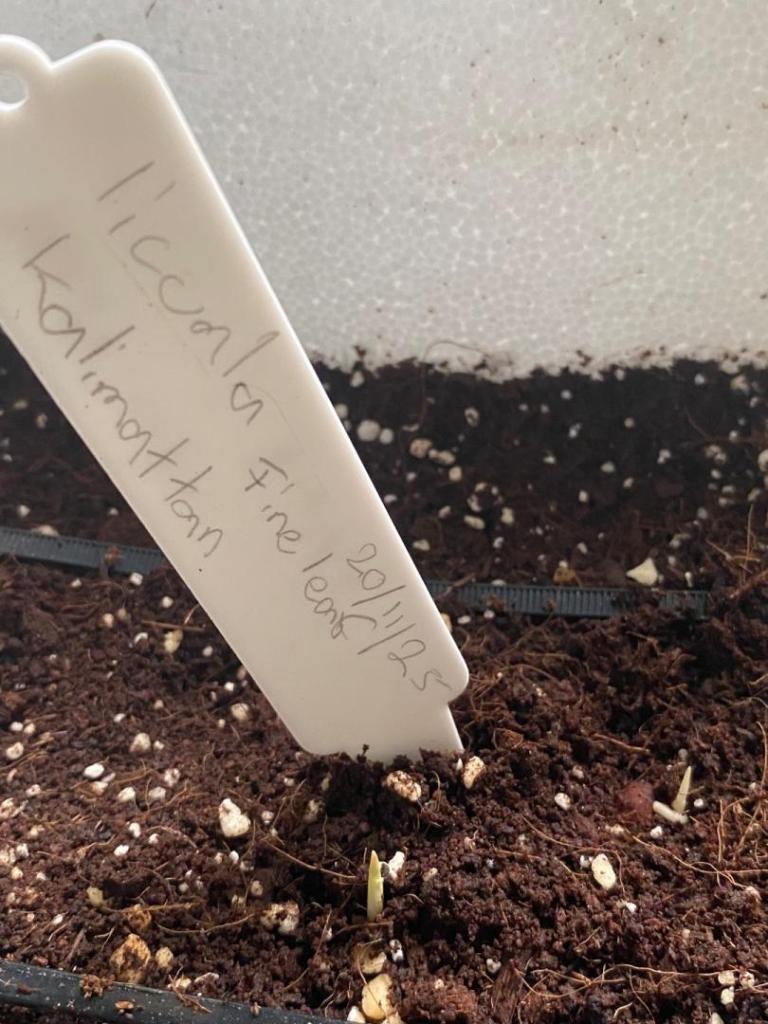

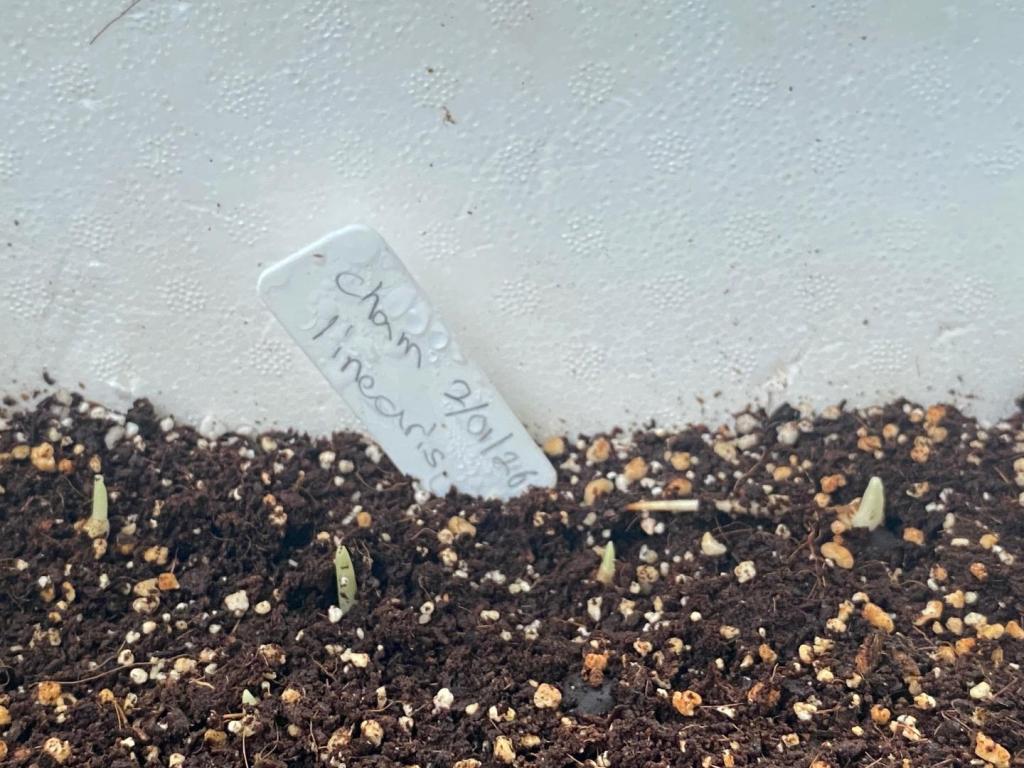














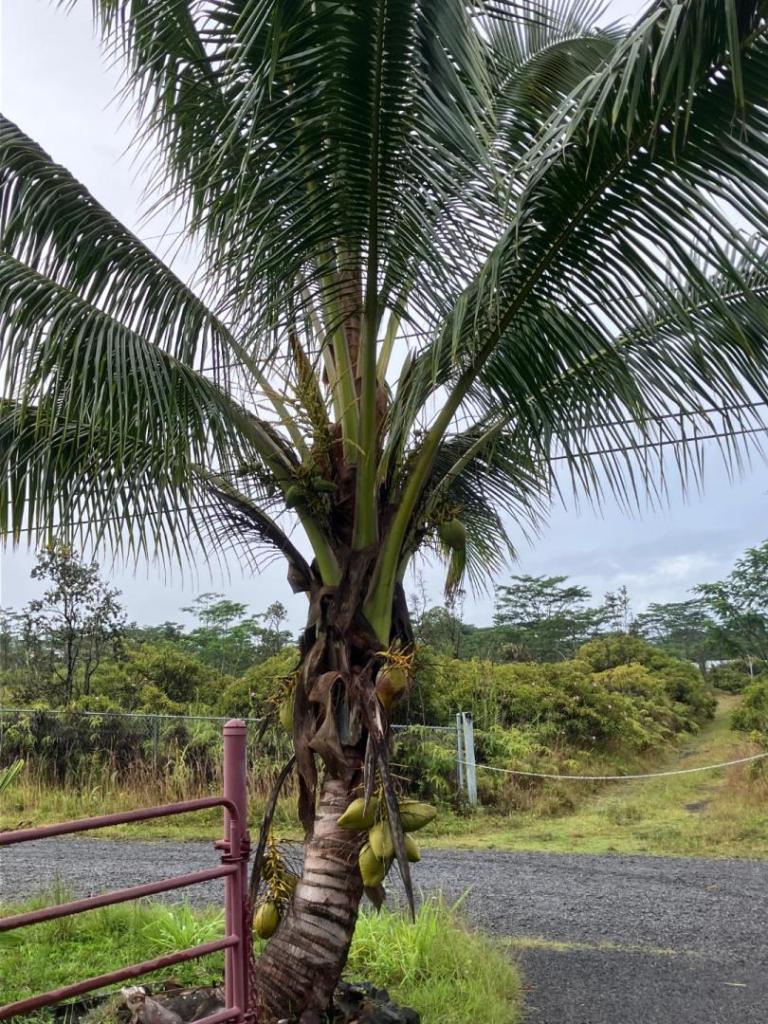




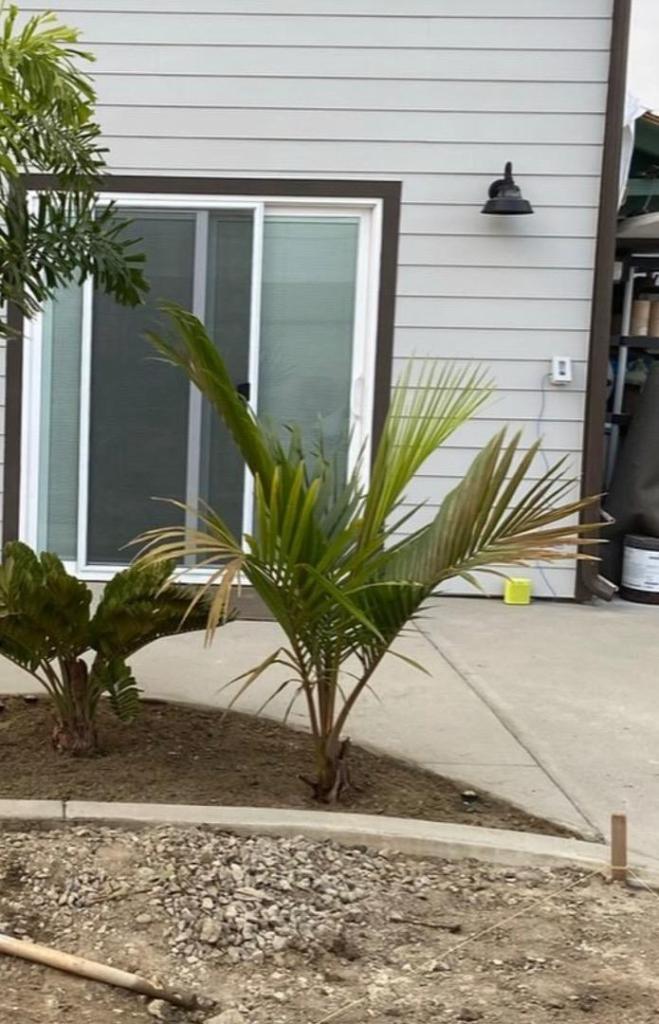

(154x200).thumb.jpg.8e1ced887bd4cd81bb781abf014e30e3.jpg)
.thumb.jpg.304b32ca4398a111edf4ac525048111e.jpg)

